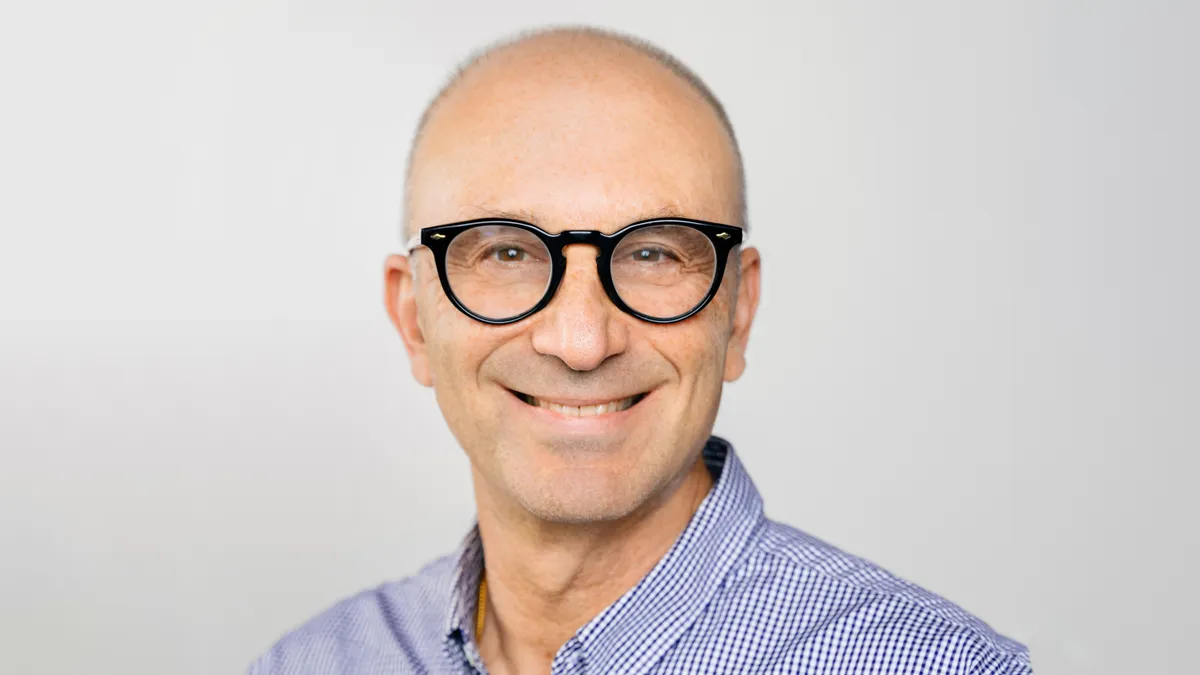 A 2011 report from the Tufts Center for the Study of Drug Development suggests that CNS trials are far more complex and costly for pharmaceutical companies to develop than other medicines. Compounds for CNS drugs spend about 8.1 years in clinical testing and 1.9 years in the regulatory process. It can take up to 18 years to develop a drug from testing in the lab to approval for patient use.
A 2011 report from the Tufts Center for the Study of Drug Development suggests that CNS trials are far more complex and costly for pharmaceutical companies to develop than other medicines. Compounds for CNS drugs spend about 8.1 years in clinical testing and 1.9 years in the regulatory process. It can take up to 18 years to develop a drug from testing in the lab to approval for patient use.
Only 8.2% of new CNS agents that begin testing on humans will actually reach the marketplace; this is compared with 15% for all other drugs overall. With an estimate of only 46% success rate in Phase III trials for CNS drugs, compared with an average of 66% for all other drugs, the cost of CNS drug development is among the highest in any therapeutic area.
Failed studies tend to occur late in the clinical development stages when costs are at their highest. Spending millions of dollars on new CNS meds, only to have them fail in the clinical trial process, is a huge risk to pharmaceutical companies. When a new drug finally reaches the point of human testing, each individually enrolled subject represents an enormous investment in time and money. And for compound efficacy that is being measured with EEG, technical and recording difficulties simply cannot be the cause for these new meds to fail.
FDA Considerations
The FDA has not issued specific guidelines concerning the use of EEG in either adult or pediatric studies. However, there have been several studies in which the Special Protocol Assessment required video EEG monitoring as an endpoint. Therefore, when planning a protocol, it is highly likely that synchronized video monitoring may be requested as part of any study in which EEG is used, especially in pediatrics.
A request by the FDA to add video to an EEG recording will have a significant impact on the study protocol. Long duration recordings can increase data upload sizes from 1GB for 24 hours of EEG alone, to 24GB of EEG when high definition (HD) video is added. This impacts the data transmission times and upload methods, as well as long-term archival storage of the data.
Data Transmission and Security
Data transmission and security must be tightly controlled through the study. Maintaining subject data blinding, security, and consistency in review is almost impossible without a standardized recording system in place. HIPAA requirements, mandated in the United States, and the General Data Protection Regulation (GDPR), which will be implemented in the EU in 2018, are inherent security measures, ensuring data and subject confidentiality on all levels.
Advanced EEG technology solutions can now provide significant benefits, including real-time observation during an EEG. Video EEG data can now be transmitted to the Cloud, monitored live, and made available for central review in a timely manner.
A Cloud-Based EEG Solution
A turnkey, cloud-based EEG solution, such as iEEG Cloud Services, can help clinical researchers gain real-time access to data from anywhere in the world. By incorporating Cloud services into studies, contract research organizations (CROs) and pharma research teams benefit from enhanced efficiency, decreased cost, improved accuracy, and more effective outcomes.
iEEG is a dedicated, Software as a Service (SaaS) solution capable of storing, processing, and presenting data used in patient management, acquisition, and review of EEG. It can also synchronize EEG with single or dual, HD video cameras. The interface to the iEEG Cloud Services consists of Centrum, the client application which provides secure access to the patient database and iEEG Review software. Centrum can be downloaded onto any PC at no charge, so users can access it at their convenience.
The benefits of an enterprise-level IT solution can assist with the management, workflow, security, and long-term storage of EEG recordings. The workflow covers everything from subject demographics and recording, to EEG analysis and reporting. iEEG Cloud Service is the first, standalone, Internet-based EEG system that does not require a third-party solution, such as a remote desktop, and is provided over the Internet or as a private, cloud service on local, hospital servers. There are three key advantages to the iEEG Cloud Services to be considered: cutting-edge technology, global collaboration, and vigilance and technical support.
Cutting-Edge Technology
The main benefit of a SaaS solution is that the IT infrastructure is supplied and maintained by the service supplier. This includes the technology required to run the server software, as well as the transfer and storage of data, both short and long term. IT support is included in the service.
The iEEG recording system, Acquire, is compact and easy-to-use.
The Cloud-based platform provides consistency at all sites.
iEEG technology is able to be scaled rapidly when FDA requirements may demand an increased number of sites, protocol shifts, and/or altered or expanded deadlines.
All recording equipment and software meet HIPAA, FDA, and CE requirements.
(AES) 256-bit data encryption is in place, end-to-end.
Detailed, customizable reporting of all clinical data is provided; there are full audit capabilities for each individual user throughout the entire scope of the trial.
iEEG technology is capable of exporting data in nonproprietary data formats, which expands the ability to broaden the analysis of the clinical data.
Collaboration is available for neuro biomarker development with specialization in epilepsy, dementia, early-onset Alzheimer’s, and ADHD.
Global Collaboration
A Cloud-based solution provides a platform for communication between expert consultants, within and across hospital and medical networks, as well as for those who wish to collaborate on a global level. The EEG recording can take place in a hospital location, and the record can be viewed from anywhere by the principal investigator, as well as the central reader, for analysis and interpretation.
A team of experienced physicians, who have completed multiple CNS trials, can provide study and protocol design, which saves trial time and costs.
Consistent EEG interpretation by highly qualified central reviewers can assist in situations regarding study eligibility, which improves efficiency in the study protocol.
Vigilance and Technical Support
With the iEEG Cloud system, each step of the process can be completed by individuals who are geographically distributed. It is ideal for international research projects.
A remote support team of experienced, registered EEG and certified long-term monitoring technologists provides vigilance monitoring of the video EEG 24/7, from around the globe. Live monitoring of the recordings and troubleshooting in real time ensures subject data are high quality and will be technically acceptable for the success of the study. This contributes significantly to controlling the subject acquisition costs.
Video and EEG data are transmitted to the Cloud and made available for central review, in real time, if required.
Quality control checks from a support team ensure data are correctly blinded from the trial sites, prior to assignment to central review, meeting FDA guidelines to who sees what data, where, and when.
With today’s digital advances and the benefits of Cloud-based technology, the chance of failed recordings due to technical problems or untrained personnel can be nearly eliminated. High-quality EEGs in research should be expected, not only hoped for, especially when so much time and money are invested in the development of a new compound. (PV)
Lifelines Neurodiagnostic Systems, Inc. delivers cutting-edge innovation for successful EEG service providers, pharma leaders, physician practices, hospitals, and veterinarians.
For more information, visit lifelinesneuro.com.


















